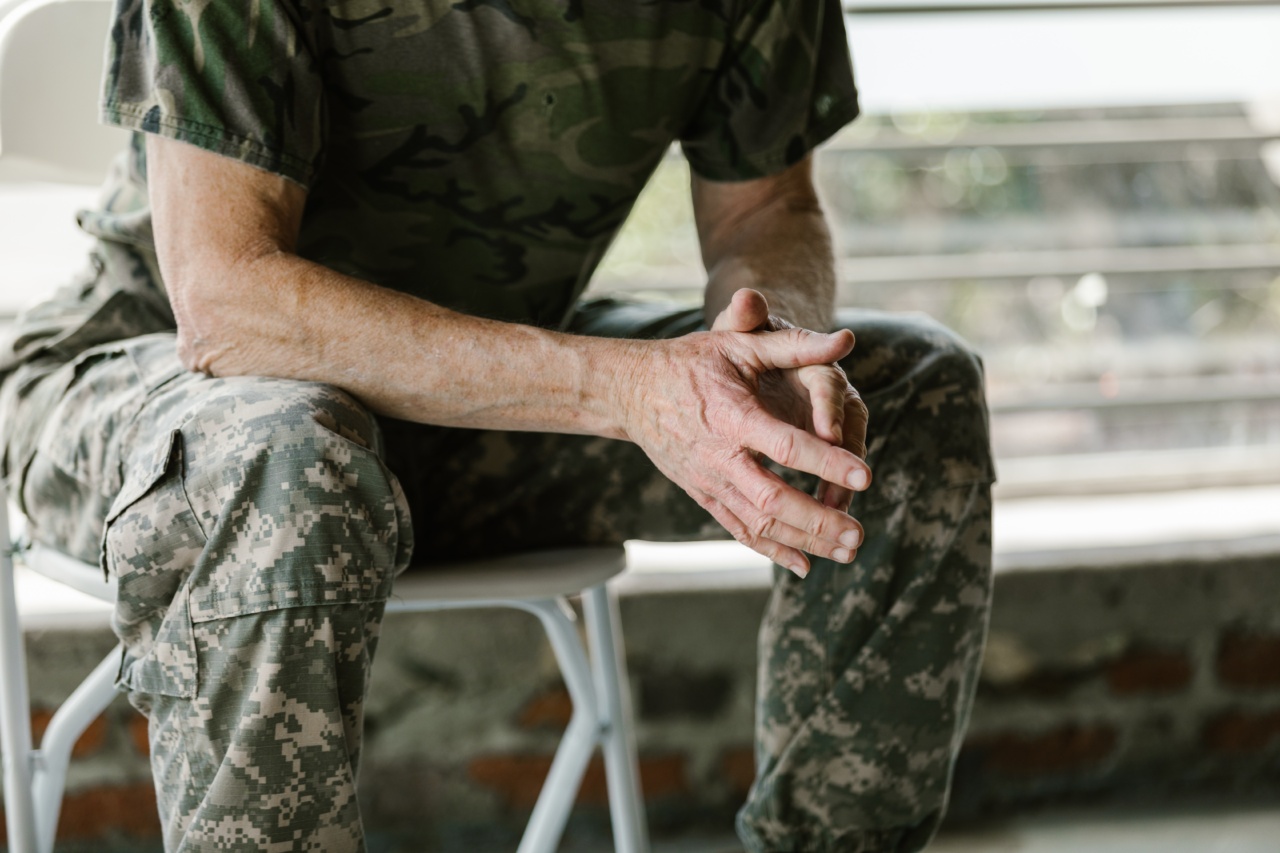Combat-related stress is a major concern for military personnel who are deployed in high-stress situations.
However, it is not just limited to military personnel; civilian pilots are also prone to experience combat-related stress due to the nature of their jobs. This article aims to shed light on the impact of combat-related stress on civilian pilots and the measures taken to address it.
The Unique Challenges Faced by Civilian Pilots
Civilian pilots, especially those working in conflict zones or areas with high geopolitical risks, face unique challenges that can contribute to combat-related stress.
Unlike military pilots, civilian pilots may not receive specialized training to cope with the psychological and emotional toll of operating in a potentially hostile environment.
The Mental and Emotional Impact of Combat-related Stress
Combat-related stress can have severe consequences on the mental and emotional well-being of civilian pilots.
The constant exposure to life-threatening situations, witnessing violence or its aftermath, and the pressure to make split-second decisions can lead to symptoms such as anxiety, depression, post-traumatic stress disorder (PTSD), and even suicidal ideation.
Factors Contributing to Combat-related Stress in Civilian Pilots
Several factors contribute to combat-related stress in civilian pilots:.
1. Exposure to violence and conflict.
2. Long working hours and irregular schedules.
3. Fear of hijacking or terrorist attacks.
4. Loss of colleagues and friends in accidents or attacks.
5. High level of responsibility for the safety of passengers.
Recognizing and Addressing Combat-related Stress
Recognizing combat-related stress in civilian pilots is crucial for their well-being and the safety of passengers. Aviation authorities and airlines have started to acknowledge the importance of mental health support for pilots.
Regular psychological assessments, confidential reporting systems for pilots to seek help, and access to counseling services are some of the measures being implemented.
Training and Resilience-building Programs
To better equip civilian pilots in dealing with combat-related stress, various training and resilience-building programs have been introduced.
These programs focus on stress management techniques, emotional intelligence development, and enhancing cognitive abilities to make effective decisions in high-pressure situations. Such programs not only help pilots cope with stress but also improve their overall performance and decision-making skills.
Building Support Systems
Airlines and aviation authorities play a crucial role in building robust support systems for civilian pilots.
This includes promoting a culture of open communication, where pilots feel comfortable sharing their stress-related concerns without fear of repercussions. Additionally, establishing peer support networks and providing access to mental health professionals can significantly contribute to reducing combat-related stress among pilots.
Addressing Stigma and Promoting Mental Health Awareness
Combat-related stress is sometimes stigmatized, leading to individuals hesitating to seek help. It is essential to challenge this stigma by promoting mental health awareness campaigns within the aviation industry.
By fostering a supportive environment that emphasizes mental well-being, the stigma associated with combat-related stress can be reduced, encouraging pilots to seek the assistance they need.
Creating Work-Life Balance
Long working hours and irregular schedules often exacerbate combat-related stress in civilian pilots. Airlines need to prioritize creating a healthy work-life balance for their employees.
This includes implementing fair scheduling practices, providing enough rest time between flights, and ensuring pilots have access to recreational activities and support for personal well-being.
The Role of Regulatory Bodies
Regulatory bodies, such as the Federal Aviation Administration (FAA) in the United States, have a crucial role to play in mitigating combat-related stress among civilian pilots.
These bodies need to continually assess and update regulations to prioritize pilot mental health. By mandating regular psychological evaluations, implementing stress management guidelines, and enforcing mental health support requirements, regulatory bodies can ensure the overall well-being of pilots.
Conclusion
Combat-related stress is a significant concern for civilian pilots, given the unique challenges they face in their line of work.
Recognizing the impact of combat-related stress and implementing measures to address it is crucial for the well-being of pilots and the safety of passengers. By prioritizing mental health support, providing training and resilience-building programs, and fostering a supportive culture, the aviation industry can effectively mitigate combat-related stress among civilian pilots.






























